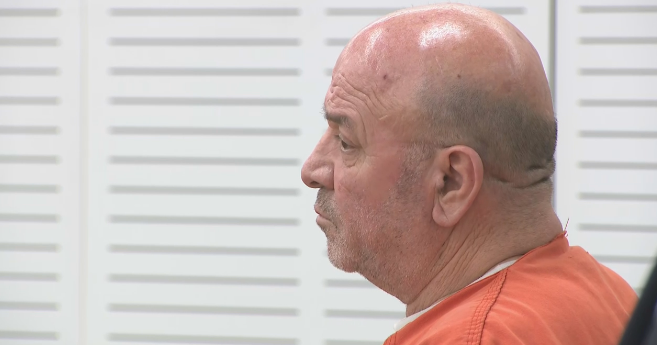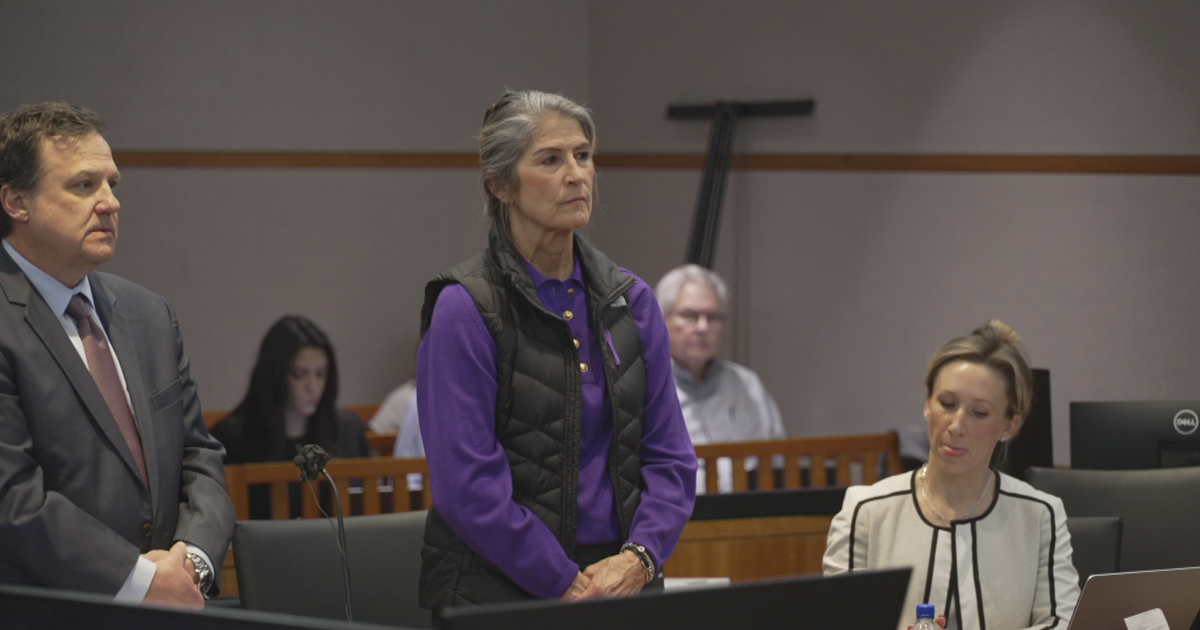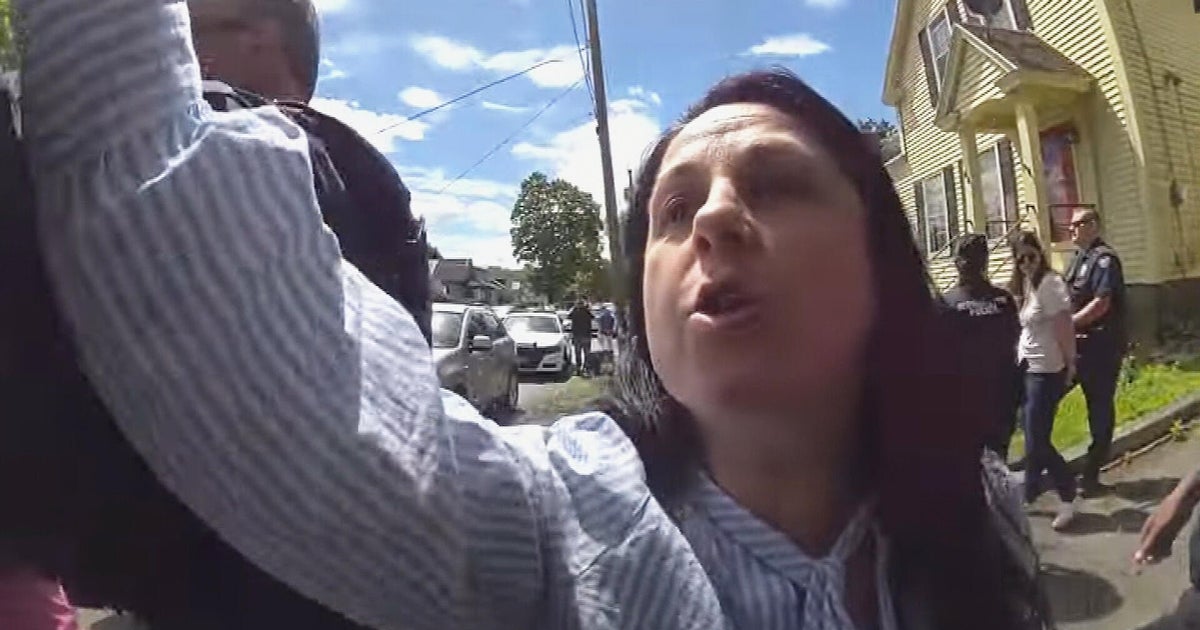Tim Cahill Pleads Not Guilty To Ethics Charges
BOSTON (AP) — Former Massachusetts treasurer Timothy Cahill and two top aides pleaded not guilty Wednesday to public corruption charges stemming from allegations that they orchestrated a taxpayer-funded television advertising campaign for the state lottery that was really intended to boost Cahill's failed 2010 campaign for governor.
WBZ NewsRadio 1030's Carl Stevens reports.
Podcast
Cahill and the aides entered their pleas at Suffolk Superior Court and were released on personal recognizance ahead of trial set for Sept. 24. The former treasurer is charged with violating state ethics laws, procurement fraud and conspiracy to violate both laws. His former chief of staff, Scott Campbell, faces similar charges, and Alfred Grazioso, the lottery's former chief of staff, faces two counts of obstruction of justice.
"Today is the beginning of a long process that will result, in the end, in my name being cleared and my reputation restored," Cahill said after his arraignment. "No one did anything wrong. No one used public money to produce and run a campaign ad."
Cahill served two terms as treasurer as a Democrat before running for governor as an independent. He finished a distant third behind Democratic Gov. Deval Patrick, who won re-election, and Republican Charles Baker.
The ethics charges stem from a $1.5 million lottery ad campaign that began airing in September 2010 and highlighted the success of the lottery in helping provide funding for local communities. It did not feature Cahill or mention him by name.
The state treasurer heads the commission that runs the lottery.
Cahill's attorney, E. Peter Parker, said the ads sought to counter damage caused after the Republican Governor's Association spent up to $2 million in May and June of 2010 "on advertising attacking the integrity, the trustworthiness and the management of the lottery."
"Sales of lottery tickets promptly dropped compared to the same time period the previous year and years prior," Parker said after Cahill's arraignment.
Senior managers at the lottery, state treasury and the lottery's advertising agency advised Cahill to run ads to counter the Republican attacks, Parker said.
"I understood the risks associated with running the ads. As a candidate for governor, I could be criticized for approving advertisements that were in the best interest of the lottery," Cahill said. "To act contrary to that interest and not run the ads would have put my own personal and political interests ahead of the interests of the lottery — and the cities and towns that depend on it."
Officials at Attorney General Martha Coakley's office, however, disagree.
Prosecutors allege that the ads were framed after a series of focus groups designed to identify a message that would resonate with voters in the governor's race.
As a result of those focus sessions, the Cahill campaign identified the treasurer's leadership of the lottery, considered one of the most successful in the nation, as "the major selling point for him as a candidate for governor," Coakley said while announcing the indictment.
Cahill's one-time gubernatorial campaign manager, Adam Meldrum, who by then had defected to Baker's campaign, said in October 2010 that he was poised to give the attorney general evidence that Cahill improperly coordinated with his campaign to release taxpayer-funded TV ads touting how well the lottery was run.
Coakley said investigators reviewed emails, phone records and other documents and interviewed former aides to the treasurer and lottery employees.
The indictments are the first issued by the attorney general's office under the state's new ethics law signed by Patrick in 2009, Coakley said.
Before the law, the allegation of conflict of interest would have been a civil rather than a criminal violation.
The new law, however, ignores the fact that what Cahill did was legal under state campaign laws, his attorney said.
"We stand ready to put the Attorney General's novel legal theory to the test and to clear Tim Cahill's good name and reputation," Parker said.
Copyright 2012 The Associated Press.







